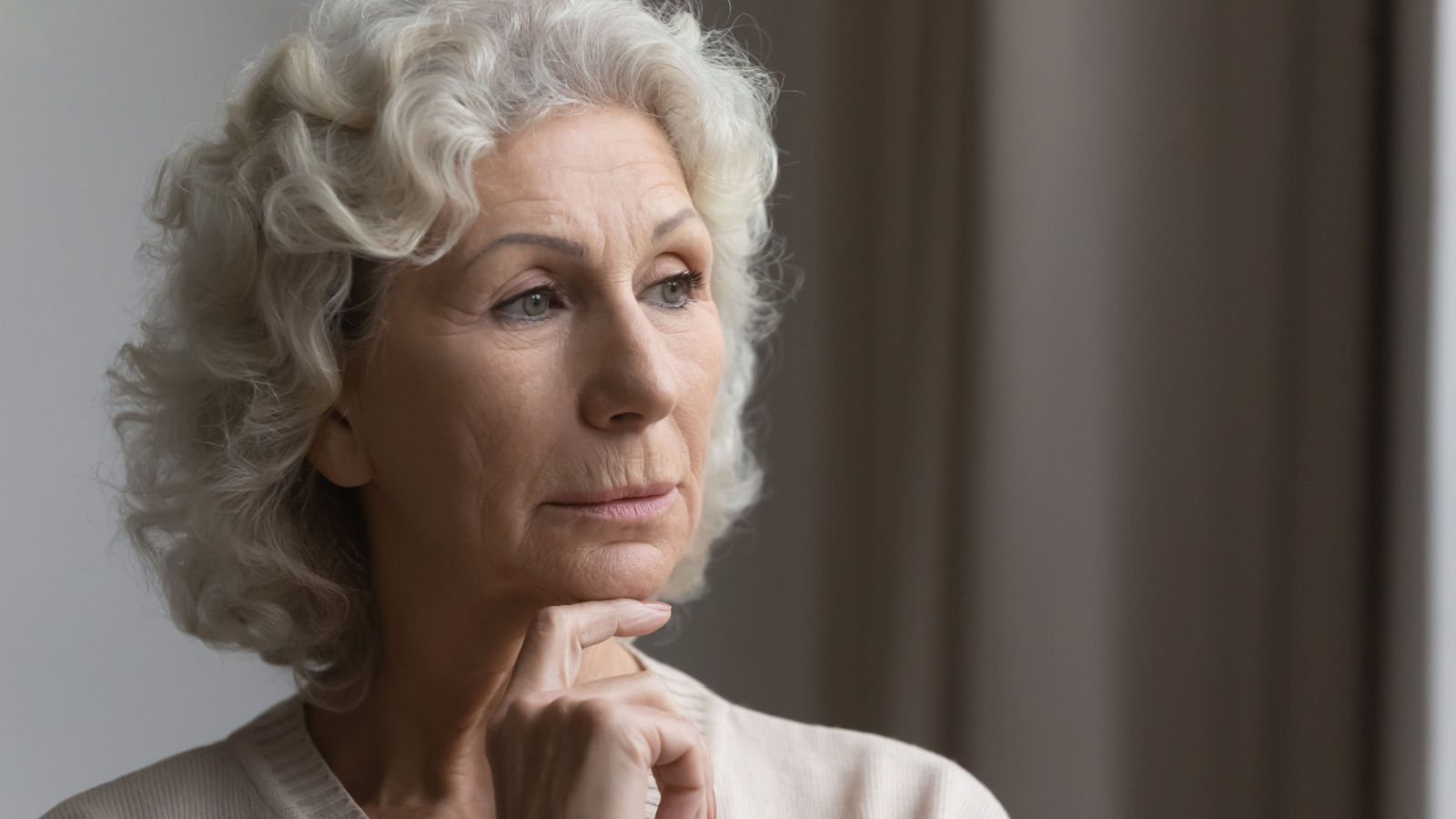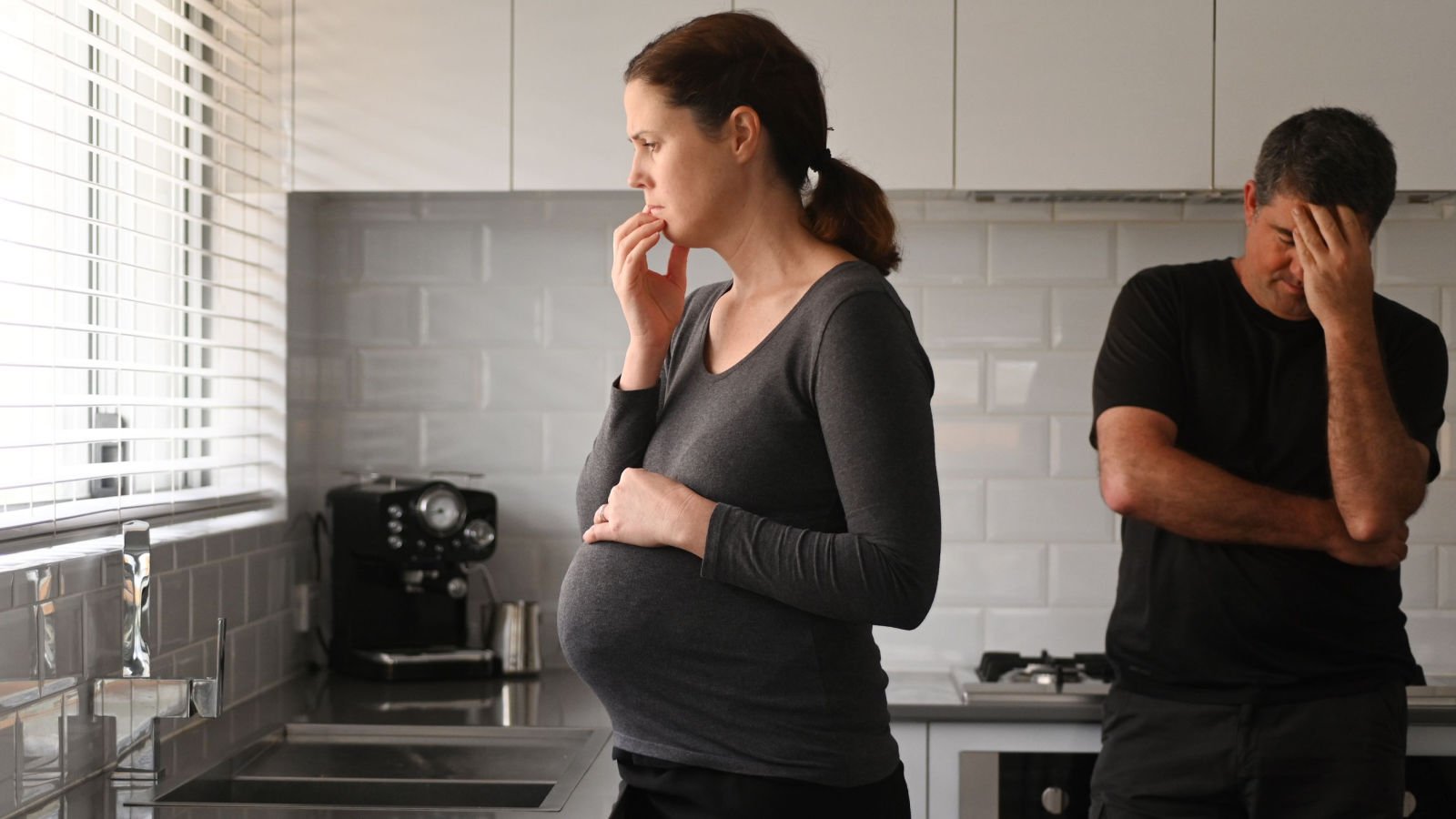In recent decades, there has been an increasing trend among couples over 50, often referred to as “gray divorce.” Several factors are driving this trend, ranging from evolving personal goals to the simple realization that life’s too short to spend unhappily. Let’s take a closer look at why older adults in long-term relationships are choosing to part ways.
Growing Apart Over Time

Couples may find that their interests and desires have diverged significantly over the years. This gradual drift can make them feel more like roommates than romantic partners. Without common goals, the emotional distance often becomes too great to bridge.
Retirement Realities

Retirement drastically increases the amount of time couples spend together, which can exacerbate existing issues or reveal new ones. Suddenly, differences in lifestyle preferences and daily routines become apparent and challenging to reconcile.
Financial Strains

Financial issues can come into sharper focus later in life. Disagreements over retirement savings, spending habits, or financial planning for elder care can escalate into deal-breakers. When financial paths diverge, it can lead to a breakdown in the marriage.
Health Challenges

Health issues can place a significant strain on a relationship, especially if one partner becomes a caregiver to the other. This role reversal can alter the dynamics of the marriage, leading to feelings of resentment. Often, the emotional and physical demands of caregiving can push a relationship beyond its limits.
Desire for Independence

As people live longer, healthier lives, many seniors are reevaluating what they want from their remaining years. The desire for independence, personal growth, or even new romantic relationships can motivate older individuals to leave unsatisfying marriages.
Children Leaving Home

Empty nest syndrome can reveal fractures in a marriage that were previously obscured by child-rearing duties. Once the children leave home, couples are left to confront the reality of their relationship without the common focus on parenting. For some, this leads to the realization that they no longer want to stay in the marriage.
Infidelity

Infidelity remains a common reason for divorce at any age. The betrayal can be especially painful after decades of marriage, shattering trust and prompting a reevaluation of the relationship. Sometimes, the affair is symptomatic of deeper dissatisfaction that has been brewing for years.
Differing Retirement Visions

Couples often have different ideas about how they want to spend their retirement years. While one may envision travel and adventure, the other might prefer a quiet, home-centered life. These incompatible retirement goals can lead to significant discord and, eventually, divorce.
Loss of Physical Intimacy

Physical intimacy tends to decline with age, which can be distressing for one or both partners. When intimacy fades, it can leave a void that strains the relationship. If couples cannot find other ways to connect or resolve their physical disconnect, it may lead to separation.
Increased Longevity

With the prospect of living 20 or 30 years past retirement, the idea of staying in an unhappy marriage seems less bearable. This increased longevity encourages older individuals to seek happiness and fulfillment while they still feel capable.
Differences in Energy Levels

As couples age, their energy levels and physical abilities can diverge significantly. One partner may still feel youthful and active while the other feels ready to slow down. This mismatch can lead to frustration and resentment, straining the marriage.
Social Stigma Diminishing

Divorce no longer carries the stigma it once did, empowering more seniors to step away from unhappy marriages. Society’s more accepting attitude towards divorce gives older individuals the courage to prioritize their personal happiness.
Unresolved Long-term Issues

Issues that have been simmering for decades can eventually lead to a breaking point. These longstanding problems, whether they involve communication breakdowns, unresolved conflicts, or deep-seated resentments, can culminate in the decision to divorce. Often, it’s not a sudden decision but the result of accumulated grievances.
Boredom

When the excitement dims, and life becomes monotonous, one or both partners might seek a change. Boredom can drive individuals to question their life choices and opt for divorce as a means to inject excitement back into their lives.
Personal Development

If one partner feels stifled in their current marriage, they might choose divorce as a path to self-discovery and new opportunities. This desire to develop personally can be a powerful motivator for ending longstanding marriages.
Changing Values

As people age, their values and philosophies can change. What was important in their youth may no longer resonate in later years. When couples find that their core beliefs and values no longer align, it can lead to irreconcilable differences, prompting a divorce.
Communication Breakdown

Effective communication can erode over time. If couples lose the ability to talk openly and respectfully about their needs and problems, it can lead to misunderstandings and resentment. A breakdown in communication is often cited as a critical reason for older couples deciding to divorce.
Lack of Compromise

As individuals grow older, they may become more set in their ways, making compromise more challenging. When both partners are unwilling to budge on important issues, it can lead to a stalemate that spells the end of the marriage.
Advent of Technology

Technology has changed the way people connect and interact. If one partner embraces technology while the other feels left behind, it can create a gap in their connection. This growing digital divide can exacerbate feelings of isolation within the marriage.
New Social Circles

Retirement and changes in lifestyle often lead to new social circles. If a partner finds a new group of friends or hobbies that the other doesn’t share, it can lead to feelings of exclusion and loneliness. These new social dynamics can pressure the marriage and push spouses apart.
Legal Ease of Divorce

The legal process of divorce has become more streamlined and less cumbersome over the years. When the barriers to separation are low, more couples might opt to end their marriages when faced with incompatibility or unhappiness.
Renewed Sense of Mortality

As people age, a renewed sense of mortality can prompt significant life reevaluations. For some older couples, this can mean reassessing their happiness and life choices, including their marital relationship. The urgency to live authentically and fully can lead individuals to leave unsatisfying marriages.
Desire for Autonomy

In their later years, many individuals develop a strong desire for autonomy, wishing to make independent choices about their lifestyles, finances, and health. If they feel constrained by their partner’s preferences or needs, this can lead to a sense of entrapment. For those who crave independence, divorce can be seen as a liberation.








